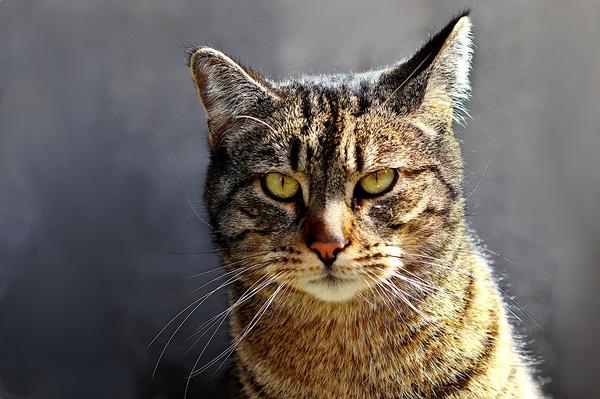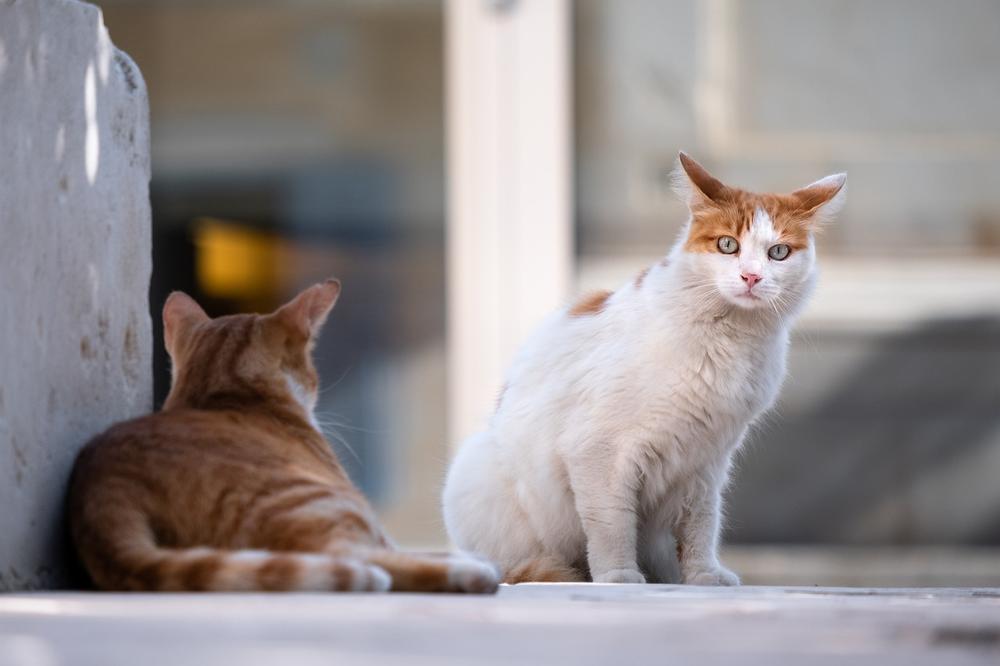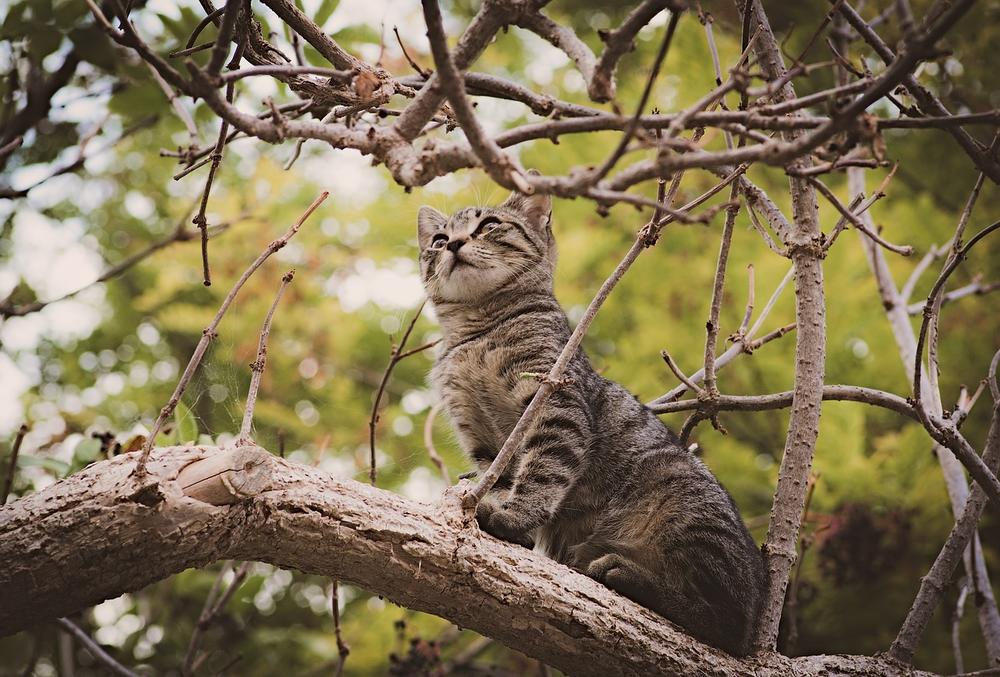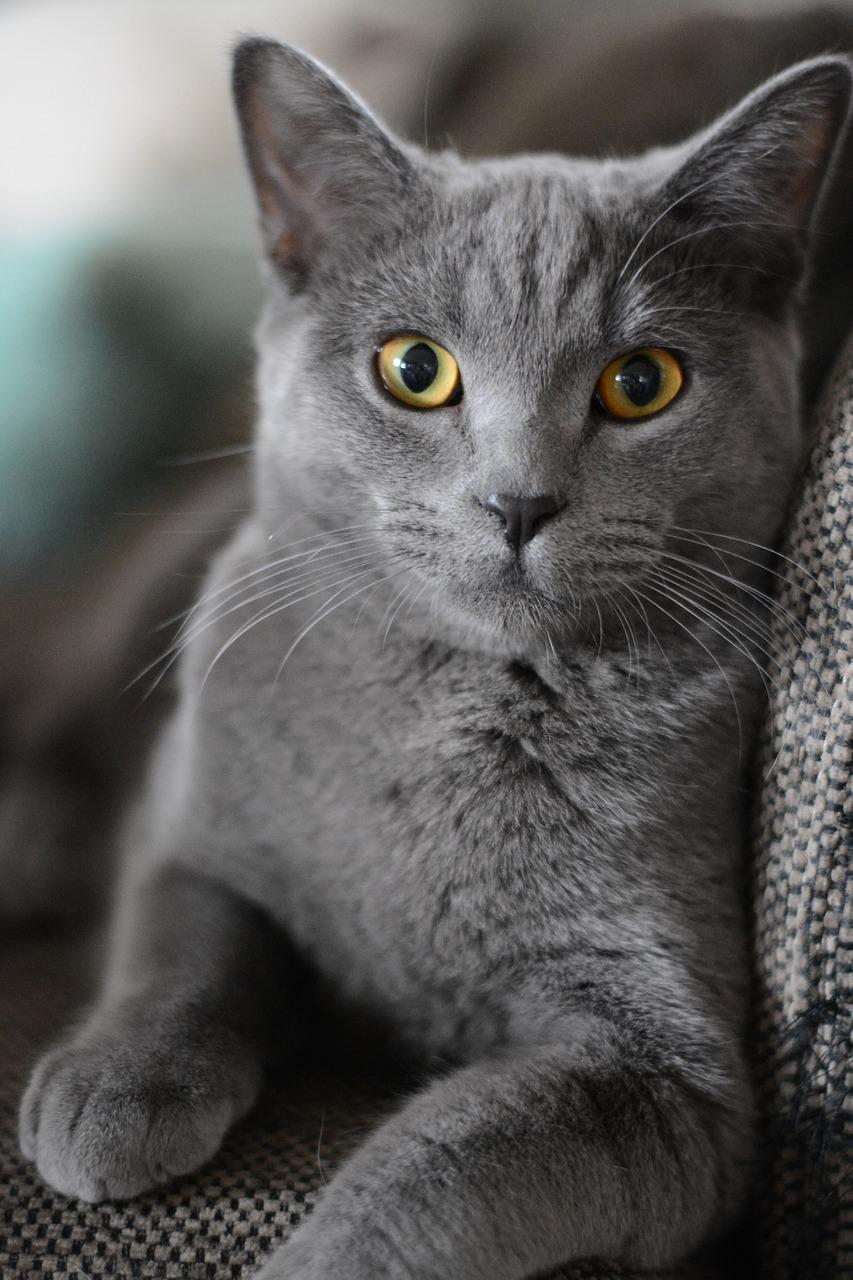Do Cats Need Vitamin C? Benefits, Requirements, and Dosage

Are you worried sick about your feline friend's diet?
Trust me, I understand. 😊
You've probably spent nights tossing and turning, wondering if Fluffy is getting enough of the good stuff.
Well, let's dive into the world of cats and vitamin C.
Let's find some answers, shall we?
The Potential Benefits of Vitamin C Supplementation for Cats
Here's a list of potential benefits you can get from giving your cat vitamin C:
- Vitamin C helps reduce oxidative stress in cats. It's like a shield against harmful damage.
- It plays a role in various diseases and aging, so having enough of it is important.
- If your cat is ill or stressed, veterinarians may recommend giving them vitamin C to help them feel better.
- With its antioxidant powers, vitamin C neutralizes those nasty free radicals that can harm your cat's health.
- Various diseases are associated with reduced levels of vitamin C, so making sure they have enough is crucial.
- Low vitamin C levels might make diseases worse and decrease survival rates in cats.
- Intravenous vitamin C treatment could potentially save your cat's life - that's pretty impressive stuff.
- Though there isn't much data on using vitamin C in companion animals, the benefits seem promising.
- The best part? It doesn't carry a big risk of causing negative effects and it won't break the bank.
- Boosting your cat's immune system is another perk of giving them vitamin C.
- It also has anti-inflammatory properties, which can be really helpful for their overall well-being.
- Ever heard of antihistamines? Well, turns out vitamin C acts as one too, helping your cat deal with allergies and such.
- Whether it's arthritis, infectious diseases, or respiratory problems, vitamin C can lend a hand in managing these conditions.
- If your cat is recovering from an illness or injury, vitamin C supplements can support their healing process.
- As an antioxidant, vitamin C protects their cells and DNA from getting damaged - a great defense mechanism, right?
- Calcium ascorbate is a gentle form of vitamin C that won't cause many side effects - a win-win situation.
- When it comes to stress and arthritis symptoms, vitamin C may offer some relief.
So, why not consider adding vitamin C supplementation to your cat's routine?

It could give them better health and overall well-being. 😺
Main points I'll expand upon further down this article:
- Vitamin C is essential for cats as it contributes to tissue growth, maintenance, and immune regulation.
- Cats can synthesize their own vitamin C but including vitamin C-rich foods in their diet can be beneficial.
- A Real Food Diet Plan can ensure that cats receive all necessary nutrients.
- Large breed puppies may require specific amounts of certain vitamins to prevent diseases like hip dysplasia.
- Ascorbyl palmitate, a form of vitamin C soluble in oil, is more efficient when taken orally.
- The dosage of vitamin C for cats varies based on health conditions, but a balanced diet usually eliminates the need for supplements.
- Consult with a veterinarian before administering vitamin C to cats.
- Sodium Ascorbate or Calcium Ascorbate are recommended forms of absorbed vitamin C for cats.
- Excessive dosage of vitamin C can lead to diarrhea in cats.
- Avoid giving excessive vitamin C to cats to prevent calcium oxalate bladder stones.
And it gets even more interesting...
The Vital Role of Vitamin C for Cats
Vitamin C is vital for collagen synthesis, aiding tissue growth, upkeep, and immune regulation in cats. It's key to their bones, joints, muscles, and connective tissues. Ensuring an adequate vitamin C supply in their diet promotes healthy musculoskeletal development and helps aging cats maintain mobility.

This water-soluble vitamin also acts as a co-factor in producing essential substances like catecholamines and vasopressin.
As a result, it contributes to the formation of muscles, cartilage, and collagen in animals.
Don't forget that your furry friend needs this nutrient to stay strong and thrive.
Factors Influencing Vitamin C Requirements in Cats
Cats can produce their own vitamin C, but during times of stress or recovery, additional vitamin C can support immune function and tissue repair. Including vitamin C-rich foods in their diet or considering a vitamin C supplement can be beneficial for their well-being.
Cats, unlike primates and guinea pigs, have the ability to produce their own vitamin C in their livers. How cool is that? However, just because they can produce it doesn't mean it's not important for them.
In certain situations, such as when your cat is recovering from surgery or illness, their vitamin C requirements may increase due to physical stress.
During these times, your beloved feline might benefit from additional vitamin C to support immune function and tissue repair.
Supplementing their diet with vitamin C-rich foods can be helpful in speeding up the recovery process and promoting smoother healing.
It's interesting to note that cats in their natural habitat get more vitamin C from fresh, whole foods compared to our domesticated kitties.
If you truly care about your furball's well-being, you should consider incorporating a Real Food Diet Plan into their meals.
This way, they'll receive all the necessary nutrients, including vitamin C, just as nature intended.
Here's something worth mentioning: large breed puppies require different amounts of vitamin C to prevent certain diseases like hip dysplasia.
For most healthy dogs, checking food labels for vitamin C content isn't crucial because they can typically synthesize enough of it through a balanced diet.
However, including vitamin C-rich foods in their meals can still offer some health benefits.
Oh, and there's one more thing:
When it comes to vitamin C supplements, make sure to look for ascorbyl palmitate. It's a form of vitamin C that dissolves in oil, and it has proven to be more effective than ascorbic acid when taken orally.
So, if you're considering adding a vitamin C supplement to your cat's routine, keep this little piece of information in mind!
That's all for now.
Stay tuned for more amazing vitamin C insights!
Now, with all this talk about vitamin C requirements in cats, you may be wondering about feeding them strawberries.
Well, my guide Can Cats Eat Strawberry will provide you with all the information you need.
It's important to make sure your feline friend stays safe and healthy, so I highly recommend checking it out.
Determining the Right Dosage of Vitamin C for Cats
Finding the right amount of vitamin C for your cats can be a real challenge, my friend.
When it comes to figuring out how much vitamin C your feline friend needs, size really does matter.
Smaller cats usually require lower doses of vitamin C, but those big cats?
Yeah, they might need a little more to get all the benefits.
To keep your furball in tip-top shape, start with about 250mg of vitamin C.
That's typically the recommended amount for small dogs, puppies, and cats.
Now, let's talk about medium-sized dogs. They should aim for around 500mg of vitamin C, while the larger ones should go for 750mg.
But here's something important I want you to pay attention to:
Older dogs should get between 500mg and 1000mg of vitamin C per 20kgs of body weight.
That way, those wise old pups can feel their best.
However, listen up carefully:
You don't always need to give your furry friend vitamin C supplements if they're already getting a well-balanced diet.
We're not talking about hungry tummies here—it's all about what your vet recommends.
But here's what you need to know about administering vitamin C to your cat, my friend!
Tips for Safely Administering Vitamin C to Cats
Mixing vitamin C with food for easy consumption
If you want to give your cat some vitamin C, mix the powder with their wet food or treats. It helps your cat consume it easily and get the full dose without any waste.
But before you start giving vitamin C to your furry friend, consult your veterinarian.
They will let you know if it's suitable for your cat and the right dosage.
The best forms of vitamin C for cats
For better absorption of vitamin C, Sodium Ascorbate or Calcium Ascorbate are considered the best options for cats.
These forms are easily absorbed by their bodies and provide effective supplementation.

You can also add natural foods rich in vitamin C to your cat's diet for additional support. Just introduce new foods gradually and monitor how your cat reacts.
Different forms of vitamin C and possible side effects
There are different forms of vitamin C available, like salts, oils, powders, tablets, and tinctures.
But not all forms are suitable for cats.
Ascorbic acid, commonly found in human vitamin C pills, may not be well absorbed by cats and can cause diarrhea at high concentrations.
On the other hand, sodium ascorbate is easily absorbed and considered one of the best forms for cats.
Avoid giving excessive amounts of vitamin C to your cat to prevent calcium oxalate bladder stones, especially in male dogs.
Always monitor the dosage and seek personalized advice from your veterinarian for your pet's optimal health.
And that wraps up today's article.
If you wish to read more of my useful articles, I recommend you check out some of these: Can Cats Drink Lemon Water, Can Cats Eat Broccoli, Can Cats Eat Corn, and Can Kittens Eat Cat Food
Talk soon,
-Sarah Davis